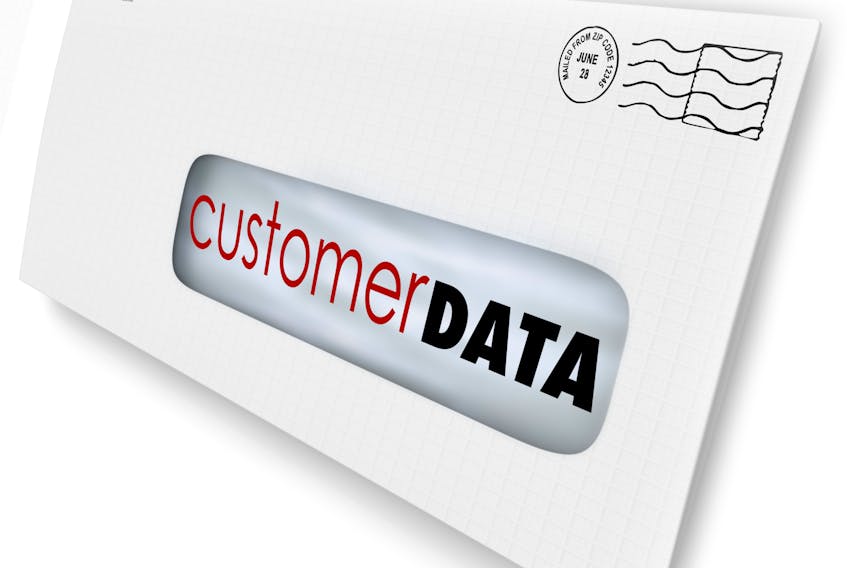You’re worth money. Never forget that.
And companies are going to sell you — or, at least, they’re going to sell your data. Where you live. How and where you drive. What you spend money on. What your social media interests are.
Just over a week ago in this space, we wrote about the way Statistics Canada wanted to look at Canadian bank records.
But Statistics Canada is only the tip of the iceberg.
Tons of things that we use have software, and often, we don’t own that software. We use it as licensees, and buried deep in our licence agreements are the myriad of ways that software owners want to use and “monetize” (or sell) details about what we use and how we spend.
Right now, Ford gets 35 per cent of its revenues not from building and selling cars and trucks, but from financing them. And that financing arm has its own pool of data.
And that data is big money. Think about this: earlier this month, Ford chief executive officer Jim Hackett told an interviewer that his company sees the rafts of data it collects from vehicle and financial information as a new way for the automaker to make money. The Detroit Free Press reported on the issue, using a transcript from a Freaknomics Radio podcast.
“We have 100 million people in vehicles today that are sitting in Ford blue-oval vehicles. That’s the case for monetizing opportunity versus an upstart who maybe has, I don’t know, what, they got 120, or 200,000 vehicles in place now. And so just compare the two stacks: which one would you like to have the data from?” Hackett said.
But software-based data is only part of the marketable material. Right now, Ford gets 35 per cent of its revenues not from building and selling cars and trucks, but from financing them. And that financing arm has its own pool of data.
“We already know and have data on our customers. By the way, we protect this securely; they trust us. … We know what people make. How do we know that? It’s because they borrow money from us. And when you ask somebody what they make, we know where they work, you know. We know if they’re married. We know how long they’ve lived in their house because these are all on the credit applications. We’ve never ever been challenged on how we use that. And that’s the leverage we got here with the data.”
Think about that: data is the perfect thing to increase cash flow. It doesn’t have the research and development expenses involved with, say, building the perfect electric car.
To be clear: this is the American parent company. Different nations have different rules about how data can be collected and used.
But those rules can change if you don’t take the time to pay attention to your own interests, and to what your government intends to do with your digital rights.
Get enlightened about data, or become a commodity.








